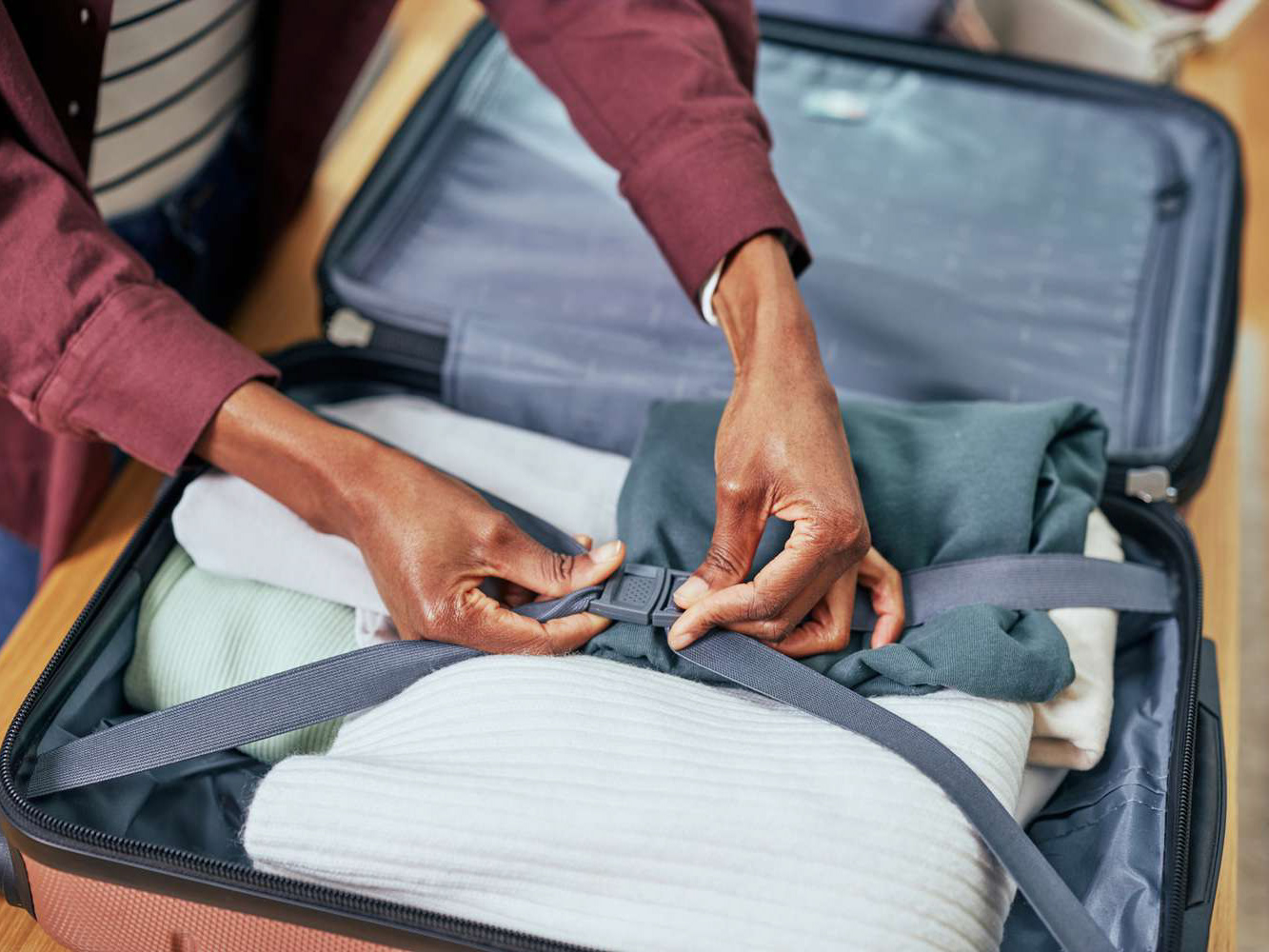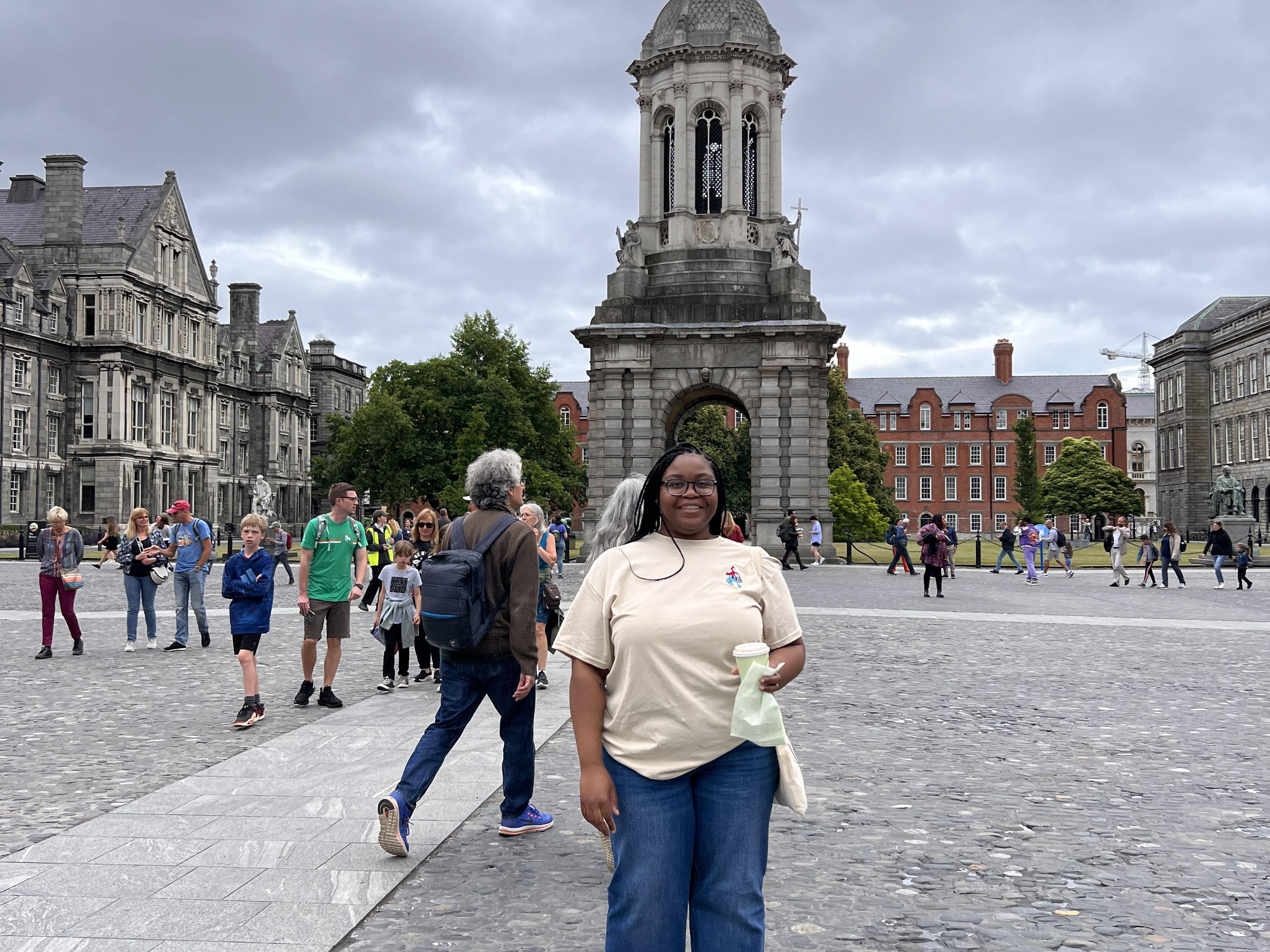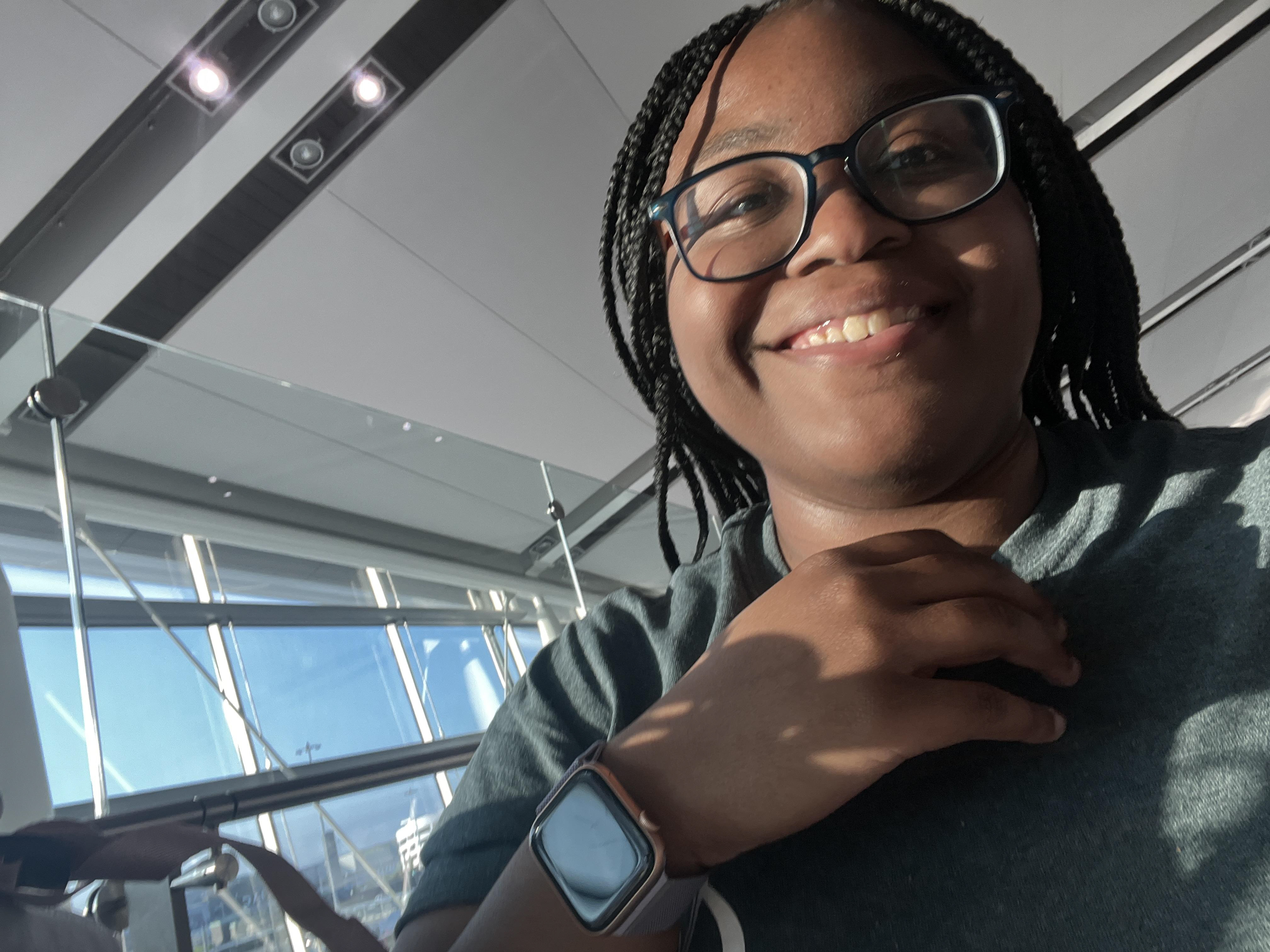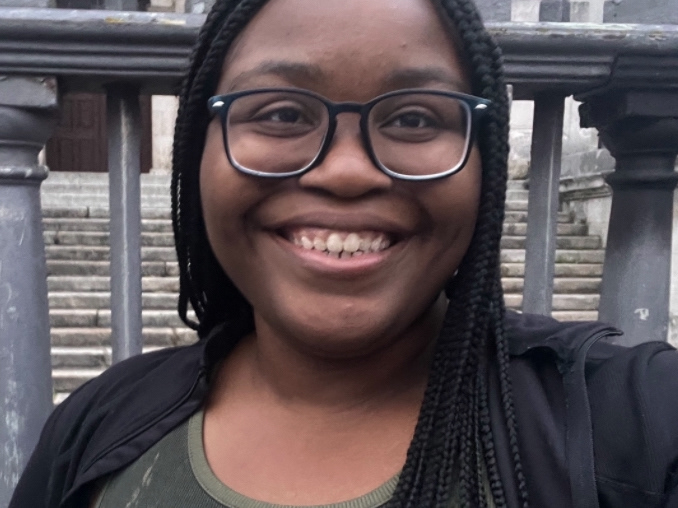Studying abroad in London and Dublin for 11 weeks was an exciting but expensive experience. Here are some budgeting tips to help you save money for extra trips, prepare for unexpected costs, and manage your finances effectively:
Create a Budget: Before you leave for your study abroad program, create a detailed budget outlining your expected expenses including tuition, accommodation, food, transportation, and entertainment. Allocate a portion of your budget for additional trips and unexpected costs.
Research and Plan Ahead: Look for student discounts, deals, and free activities in both cities to help you save money.
Use Student Discounts: Take advantage of student discounts whenever possible. Many attractions, museums, restaurants, and transportation services offer discounts for students, so always carry your student ID with you.
Set Aside Funds for Trips: Determine which extra trips you would like to take during your study abroad experience and start saving for them in advance. Set aside a specific amount of money each week or month dedicated to funding these trips.
Cook at Home: Eating out can quickly drain your budget, so consider cooking your meals at home instead of dining out frequently. Look for affordable grocery stores and cook meals in bulk to save money and time. My favorite was Lidl.
Use Public Transportation: Utilize public transportation such as buses, trains, and trams to get around the cities instead of relying on taxis or rideshare services, which can be expensive. Consider purchasing a student transportation pass for discounted rates.
Emergency Fund: Set aside a portion of your budget as an emergency fund to cover unexpected expenses such as medical bills or last-minute travel changes. Aim to save at least a few hundred dollars for emergencies.
Obtain an Emergency Credit Card: Something that I did was to have a credit card for emergencies, but use it responsibly. Choose a card with no or low foreign transaction fees and a reasonable credit limit. Only use the card for genuine emergencies or planned expenses that you can pay off in full each month to avoid accumulating debt.
Track Your Expenses: Keep track of your spending by using budgeting apps or simply maintaining a spreadsheet. Review your expenses regularly to identify areas where you can cut back and save money.
BUY CLOTHES AT HOME. One of my biggest expenses was purchasing clothes!
Research and Plan Ahead: Look for student discounts, deals, and free activities in both cities to help you save money.
Use Student Discounts: Take advantage of student discounts whenever possible. Many attractions, museums, restaurants, and transportation services offer discounts for students, so always carry your student ID with you.
Set Aside Funds for Trips: Determine which extra trips you would like to take during your study abroad experience and start saving for them in advance. Set aside a specific amount of money each week or month dedicated to funding these trips.
Cook at Home: Eating out can quickly drain your budget, so consider cooking your meals at home instead of dining out frequently. Look for affordable grocery stores and cook meals in bulk to save money and time. My favorite was Lidl.
Use Public Transportation: Utilize public transportation such as buses, trains, and trams to get around the cities instead of relying on taxis or rideshare services, which can be expensive. Consider purchasing a student transportation pass for discounted rates.
Emergency Fund: Set aside a portion of your budget as an emergency fund to cover unexpected expenses such as medical bills or last-minute travel changes. Aim to save at least a few hundred dollars for emergencies.
Obtain an Emergency Credit Card: Something that I did was to have a credit card for emergencies, but use it responsibly. Choose a card with no or low foreign transaction fees and a reasonable credit limit. Only use the card for genuine emergencies or planned expenses that you can pay off in full each month to avoid accumulating debt.
Track Your Expenses: Keep track of your spending by using budgeting apps or simply maintaining a spreadsheet. Review your expenses regularly to identify areas where you can cut back and save money.
BUY CLOTHES AT HOME. One of my biggest expenses was purchasing clothes!








